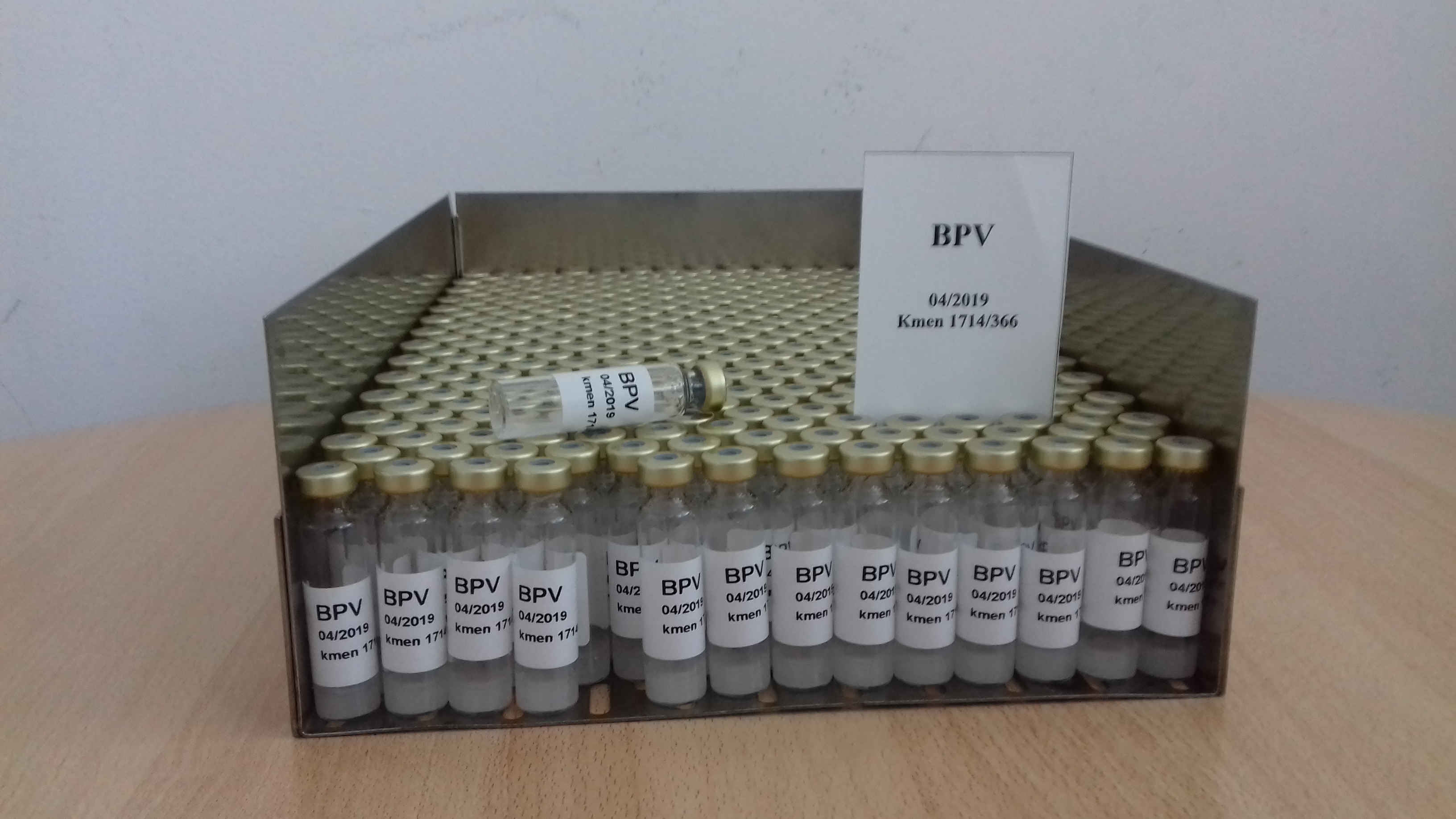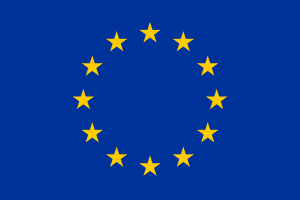This website uses cookies so that we can provide you with the best user experience possible. Cookie information is stored in your browser and performs functions such as recognising you when you return to our website and helping our team to understand which sections of the website you find most interesting and useful.
Successful completion of the OPPIK project “RESEARCH AND DEVELOPMENT OF A NEW WHOLE-CELL VACCINE AGAINST WHOOPING COUGH”

This year, company AUMED a.s. successfully completed a multi-year project of the OPPIK program entitled “RESEARCH AND DEVELOPMENT OF A NEW WHOLE-CELL VACCINE AGAINST WHOOPING COUGH” (project number CZ.01.1.02 / 0.0 / 0.0 / 15_019 / 0005074).
The project addressed a problem caused by the replacement of the classic whole-cell pertussis vaccine by an acellular pertussis vaccine.
The causative agent of whooping cough – Bordetella pertussis is one of the epidemiologically important bacteria. Whooping cough (pertussis) is a disease of the respiratory tract. Global infant mortality from Bordetella pertussis infection is approaching 200,000 deaths per year. Whooping cough can affect people of all ages, but the most endangered are children and the elderly. In the Czech Republic, around 1,000 people get sick each year with a mortality rate of around 5–7 individuals.
In our republic, the whole-cell pertussis vaccine has been widely used since the 1950s. Due to acute side effects, it has been gradually replaced by a non-cellular (acellular) vaccine since 2007. Vaccination with a whole-cell vaccine produces the same immunity as would occur after a disease. It includes, among other things, substances against bacterial toxins. The non-cellular vaccine does not contain the antigen of this toxin, so no antibodies will be produced against it after vaccination. In the case of pertussis infection, in terms of the spread of the infection, it proceeds as in the first contact with the infection in an unvaccinated individual; Bordetella multiplies in it and can spread to the environment (a person thus becomes a carrier). Nevertheless, this vaccination is also important, because the symptoms of the disease are then much weaker or may not occur at all. Acellular vaccines are now proving to be problematic in practice also in their time-limited immunoprotective function (relatively short time protection).
The main output of the project are samples of the new whole-cell vaccine. The samples are now in the process of stability studies. We assume that the new whole-cell vaccine samples will be further subjected to a series of additional tests (preclinical or clinical) required by the European Medicines Agency before the new vaccine can be placed on the market.






